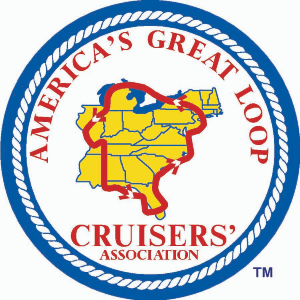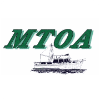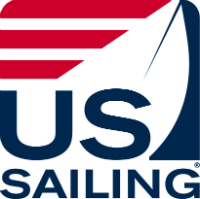Editor's Note:
This editorial was published for the 2021 Hospice Turkey Shoot Regatta on its Silver+ Anniversary. The author, age 84, will be sailing his Pearson 365 in the regtta. The event is the largest of the US Hospice Regattas, now in its 26th year.
Calling all cruisers to participate! Waterway Guide Media is sponsoring a new annual Corinthian Cruising Trophy that will be awarded for the best performance of a cruising boat.
While last year the event was reduced to a one-day race, this year the regatta is restored to its traditional three-day format, October 1st -3rd on the Rappahannock River, above the bridge.
The Regatta has become an important fund-raising cornerstone and is the unified effort of many local volunteers and businesses. The event will follow relevant CDC guidance in effect on the dates of the Regatta. Race registration is still open. See our story CLICK HERE.
At the age of 84, I recently decided to, I guess you call it "Retire" from racing my J24, physical response time being the limiting factor. I was asked a while ago to write an article for our Yacht Club newsletter titled, "WHY RACE?"
After 60 years of boating, 50 years of cruising and 25 years racing sailboats there is a simple answer to that question, it is the best and fastest way to improve your boat handling, sailing skills and have fun doing it.
First, you need to understand that every sailboat is a racing boat and when two boats come together you may have a race depending on the captain’s attitude. A race doesn’t have to be scheduled, have a committee, or be sanctioned by some higher authority to enjoy the concept. It means getting the best sailing performance from your boat and crew.
Crewing on a sailboat that is racing will accelerate your learning experience and improve your sailing skills as you rotate crew positions. Understand what you are doing and why. Ask questions.
Racing your own boat as captain allows you to better understand how to handle your boat in various situations which is key to safe boating. Knowing how your boat handles a fast tack, how far will it drift, how fast can you stop, what’s needed for a fast sail change and what your crew needs to do to make all that happen. Racing forces you to learn these skills before you get into a dangerous situation.
Experiencing a start line sequence will sharpen your boat handling and crew response. Staying out of trouble at the start line and turning marks are what most people worry about but are simply boat handling skills. The rest of the race is sailing at the best performance your boat can achieve.
Racing will also force you to pay attention to the “RULES”. Yes, the racing rules can be complicated as you become more serious about racing. But as a beginner use common sense, avoid hitting another boat, know the basic rules of safe boating. Attend a seminar on “rules made easy”.
Basically, there is no difference between racing and day sailing. They both have a start time and procedures, turning marks/waypoints and a finish line/back at the dock. But racing does condense those items into a more concise format. That’s what gives you the experience.
So, if you are new to racing or boating start slow, become part of a crew. If you own your own boat stop worrying about damaging your boat racing, you can gain skills that can prevent that by crewing on a race boat.
The thrill of the race and coming in first you will remember, but only one boat gets to be first, the real fun is in trying to be first.
Try it, you might like it.












